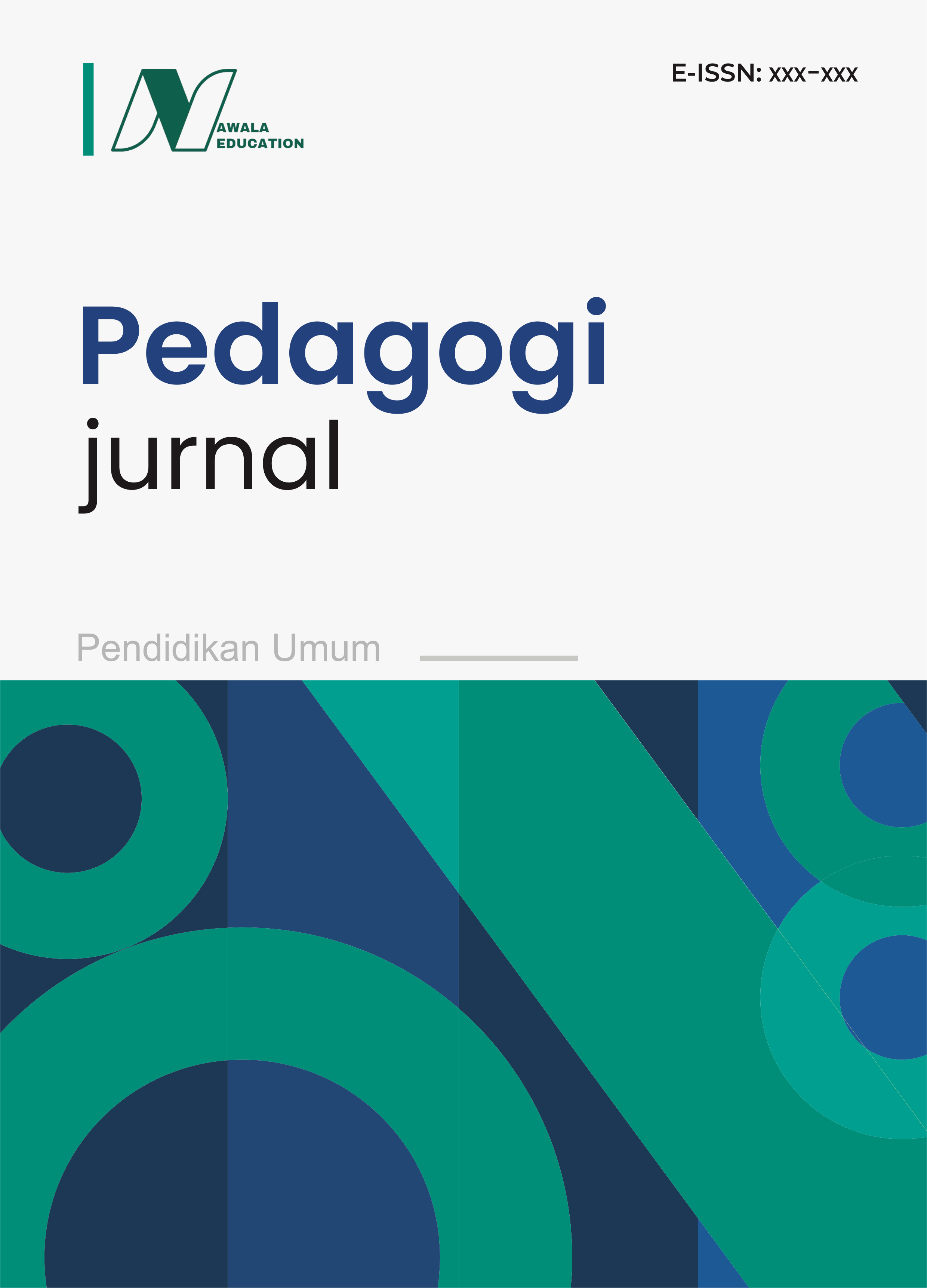Optimizing Democratic Learning: Exploring the Efficacy of Demonstrative Methods Among Middle School Students
DOI:
https://doi.org/10.62872/zh4xfe28Keywords:
PPKn, Demonstration, Pancasila, EducationAbstract
This research aims to evaluate the effect of implementing the demonstration learning method on improving student learning outcomes in Pancasila and Citizenship Education (PPKn) learning in class VII of SMP Negeri 1 Yogyakarta. The demonstration learning method was chosen because it was considered to provide direct experience to students, increase understanding of concepts, and improve their practical skills in applying Civics values in everyday life. The research was conducted using a quantitative approach through a single group control pre-test post-test design. The sample for this research was class VII students of SMP Negeri 1 Yogyakarta who were divided into two groups, namely the experimental group who received learning using the demonstration method and the control group who received conventional learning. The research results show that the application of the demonstration learning method significantly improves student learning outcomes in Civics subjects. Data analysis showed that the average post-test score of the experimental group was significantly higher than the average post-test score of the control group. This indicates that the demonstration learning method is effective in increasing students' understanding of Civics material. The findings of this research provide important implications for educational practitioners to consider using demonstration learning methods in improving student learning outcomes, especially in Civics learning. Apart from that, this research also contributes to the development of learning theories and practices that are oriented towards student learning outcomes at the junior high school level.
Downloads
References
Alves, M. G., & Tomlinson, M. (2021). The changing value of higher education in England and Portugal: Massification, marketization and public good. European Educational Research Journal, 20(2), 176-192. https://doi.org/10.1177/1474904120967574
Brown, M., et al (2016). Quality and the rise of value-added in education: The case of Ireland. Policy Futures in Education, 14(6), 810-829. https://doi.org/10.1177/1478210316656506
Cheng M, Li R & Ding R, Luo S. Dynamic guidance virtual fixture for hydraulic manipulator via learning from demonstration. Proceedings of the Institution of Mechanical Engineers, Part C: Journal of Mechanical Engineering Science. 2023;237(4):952-962. doi:10.1177/09544062221124019
Curtner-Smith, M. D., & Meek, G. A. (2000). Teachersí Value Orientations and Their Compatibility with the National Curriculum for Physical Education. European Physical Education Review, 6(1), 27-45. https://doi.org/10.1177/1356336X000061004
Didion, L. A., et al (2020). Response Cards to Increase Engagement and Active Participation of Middle School Students With EBD. Remedial and Special Education, 41(2), 111-123. https://doi.org/10.1177/0741932518800807
Gehret, A. U., et al (2017). Active Collaborative Learning Through Remote Tutoring: A Case Study With Students Who Are Deaf or Hard of Hearing. Journal of Special Education Technology, 32(1), 36-46. https://doi.org/10.1177/0162643416681162
Gyimah, G. (2023). Effectiveness of group investigation versus lecture-based instruction on students’ concept mastery and transfer in social studies. The Journal of Social Studies Research, 47(1), 29-39. https://doi.org/10.1016/j.jssr.2022.05.001
Hatteberg, S. J. (2022). Responding Sociologically: Using Attributional Processes to Promote Student Confidence and Sense of Mastery in Sociology Courses. Teaching Sociology, 50(3), 205-219. https://doi.org/10.1177/0092055X221087227
Hidayah.Y. et al. (2024). Peranan Sosial Media Dalam Memberikan Pendidikan Politik Bagi Masyarakat.Vol. 4 No. 1 (2024). DOI: https://doi.org/10.37640/jcv.v4i1.1969
Hill, J. L., et al (2021). Feeling Good and Functioning Well in Mathematics Education: Exploring Students’ Conceptions of Mathematical Well-Being and Values. ECNU Review of Education, 4(2), 349-375. https://doi.org/10.1177/2096531120928084
Holmqvist, D. (2024). How auctions shape the value of education: Tendering-based procurement as management tool in adult education. European Educational Research Journal, 0(0). https://doi.org/10.1177/14749041241234084
Mazid. S & Hidayah,Y. (2024). Penguatan Civic Skills Melalui Pengembangan Model Ideal Problem Solving. Vol 2, No 1 (2024). DOI: 10.57235/ijedr.v2i1.1914
Shin, J. (2023). Korean preservice music teachers’ perceptions of blended learning in music education course. International Journal of Music Education, 0(0). https://doi.org/10.1177/02557614231182166
Ware, J. K. (2019). Property Value as a Proxy of Socioeconomic Status in Education. Education and Urban Society, 51(1), 99-119. https://doi.org/10.1177/0013124517714850
Wu, Y. (2013). Two Stages Cooperative Learning by Ability Indicators. Journal of Educational Computing Research, 48(3), 301-314. https://doi.org/10.2190/EC.48.3.b
Downloads
Published
Issue
Section
License
Copyright (c) 2024 Suyato Suyato, Yayuk Hidayah, Yayuk Ismiyani (Author)

This work is licensed under a Creative Commons Attribution-ShareAlike 4.0 International License.












